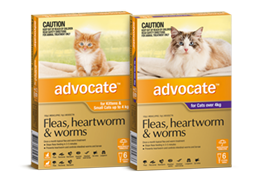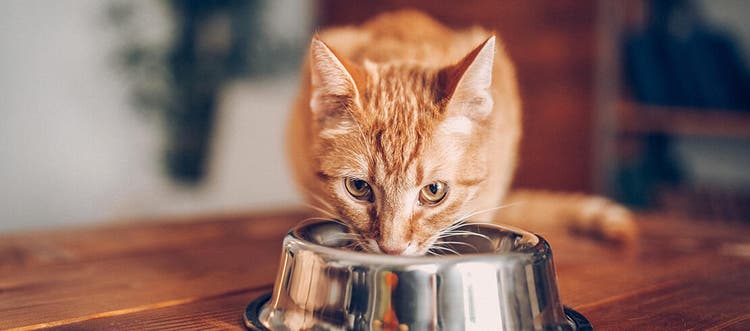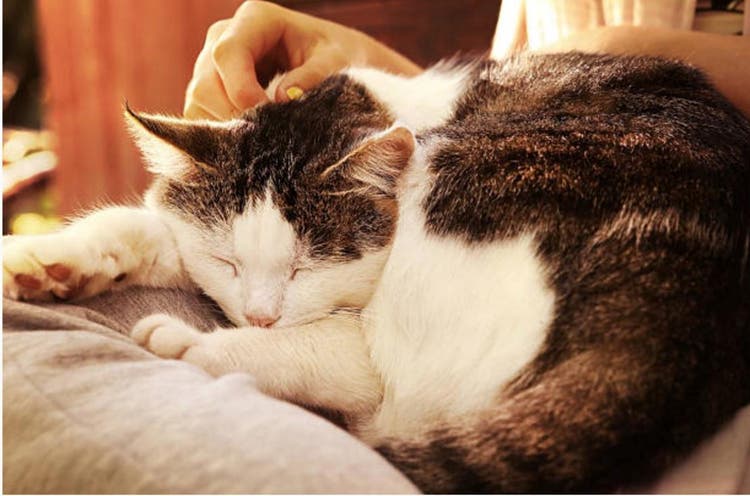Intestinal worms are a common problem for cats – but where do they come from?
How do cats get intestinal worms?
Cats can potentially pick up several types of intestinal worms during their life, but the most common are roundworms, hookworms and tapeworms. These parasites can cause a range of health issues – but how do cats get worms in the first place?
From eating worm eggs present in the environment
Cats infested with roundworms pass microscopic eggs in their faeces. These eggs can contaminate the surrounding environment, like the soil in your garden, where they can survive for years. If your cat accidentally eats these eggs, for example, if they walk over contaminated ground and then groom and lick their feet, they can develop a new roundworm infection. In the case of hookworm, eggs released into the environment via the droppings of an infected cat hatch into larvae. These larvae can be swallowed by your cat, which can result in a hookworm infection.
From fleas
The most common way for a cat to become infected with tapeworm is by eating infected fleas carrying the larval form of the worm. It is estimated that a cat will ingest around 50 percent of any fleas present during grooming – so fleas carrying tapeworm larvae will often end up in their gut.
From hunting
Rodents, birds, lizards and other small animals can be infected with the larval stages of roundworms, hookworms and tapeworms. If cats ingest all or part of these animals while hunting or scavenging, they can become infected too.
From the mother’s milk
Unfortunately, it is easy for kittens to get worms before they leave the comfort of their home, as infected mothers can pass roundworm larvae to their kittens via their milk. Because kittens are so small and vulnerable, this can be particularly dangerous, causing diarrhoea, vomiting, and poor weight gain.
From larvae penetrating the skin
In the case of hookworm, eggs on the ground hatch into larvae, these larvae can penetrate through the skin to access the deeper tissues. They eventually migrate to the intestinal tract where they mature into adult worms and start shedding eggs into the faeces.
Treating your cat for worms
Maintaining a regular deworming schedule can save your cat from serious health issues and discomfort. There are several types of deworming treatments available. MilbemaxTM, is broad-spectrum dewormer that protects cats against major gastrointestinal worms. Milbemax should be given regularly to keep your cat free from these nasty parasites.
Another option is AdvocateTM. Advocate is a monthly spot-on that not only protects cats against most gastrointestinal worms, it also offers protection against fleas, heartworm and lungworms. With regular monthly use, Advocate kills worms at the time of treatment and is also able to prevent new worm infestations between treatments.
Did you know?
Unfortunately, cats can pass worms to their owners. This is why regularly deworming your cat is so important, as are adequate hygiene measures such as regularly cleaning the litter tray and washing your hands after playing with your cat. These routine precautions protect not only your cat, but also you and your family. Always consult with your veterinarian for the best advice for your cat’s specific needs.




